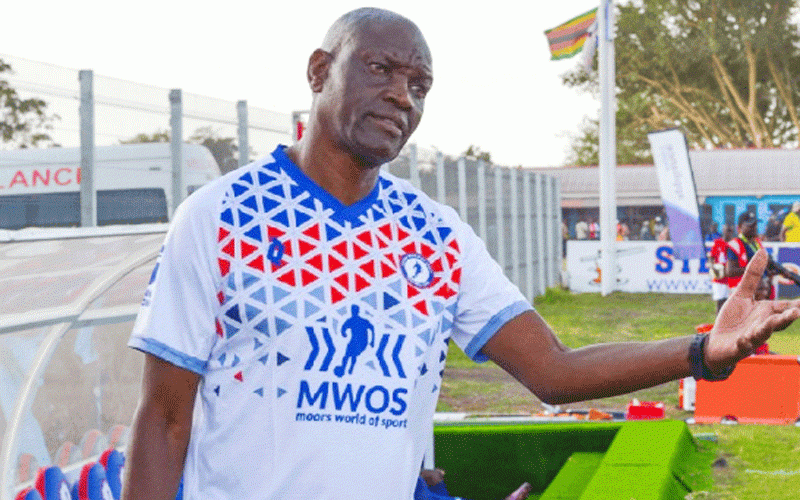
editorial
ZESN calls for a review of the Electoral Act in order to meet the targeted equal representation of 50/50 in Parliament as well as in key decision-making positions between males and females. This is against the background that there is low uptake of female candidates competing with their male counterparts for positions at local authority and national assembly during the by-elections held after the 2018 harmonised elections.
Results of the 2018 elections reveal that 31,5% of women made it into the House of Assembly, while 12% got in through direct elections and there is 44% in the Senate, however, the numbers are dwindling given the fact that some seats that were held by women are now held by men, because their respective political parties nominated male candidates, for example, Mutoko North, which fell vacant after the Member of Parliament Marble Chinomona was elevated to become President of the Senate and Glen View South Constituency when Vimbai Tsvangirai-Java passed on, the seats were won by men.
Women constitute the demographic majority of 3 067 512 (52%) according to theBio-metric voter registration (BVR) statistics of 2018, there seems to be a national eclipse in Zimbabwe on edging towards gender parity in politics given the fact that so many barriers impede women from participating in elections, chief among them violence. Violence against women in elections threatens the integrity of the electoral process as it can affect women’s participation as voters, candidates, election officials, activists of democracy and or political party leaders.
The Electoral Act is silent on the matter of women being equally represented in political spheres. Ninety percent of the candidates for the major parties that contested in the 2018 harmonised elections, namely Zanu PF and the Movement for Democratic Change, respectively, were male, hence, the Electoral Act needs a review to allow the participation of more female candidates in line with various Instruments like the International Covenant on Civil and Political Rights (ICCPR), the Convention on the Elimination of all Forms of Discrimination against Women (CEDAW), Protocol to the African Charter on Human and Peoples’ Rights on the Rights of Women and the Sadc Protocol on Gender and Development.
The Constitution of Zimbabwe mandates the state to promote gender balance in all spheres of life. Section 17 states that “the State must promote full gender balance in Zimbabwean society”. Section 56 also states that, “women and men have the right to equal treatment including right to equal opportunities in political, economic, cultural and social spheres.” While Section 38A of the Electoral Act has been amended to include gender mainstreaming and gender equality in electoral processes, the participation of women in politics and electoral processes remains relatively low.
In the run up to the 2018 harmonised elections, ZESN observed that traditional and social media coverage about women candidates focused on superficial attributes like appearance, personalities and scandalous allegations. Female candidates suffered a lot of abuse and name calling, for example, an aspiring female councillor was mocked before party primary elections simply because she is a single mother. In some wards, aspiring female councillors were labelled illiterate and old, hence, not fit for the office of councillor.
There is need to review the Electoral Act to include the 50/50 gender parity clause at all levels beginning with political parties. ZESN implores the Zimbabwe Electoral Commission to embed some of the provisions of the Gender Based Violence Act in the Code of Conduct for Political Parties, Candidates and Other Stakeholders to deter gender based violence during elections. Furthermore, there is need for the media to be gender sensitive when covering as the negative coverage further perpetuates stereotypes of women in women in politics and elections.











